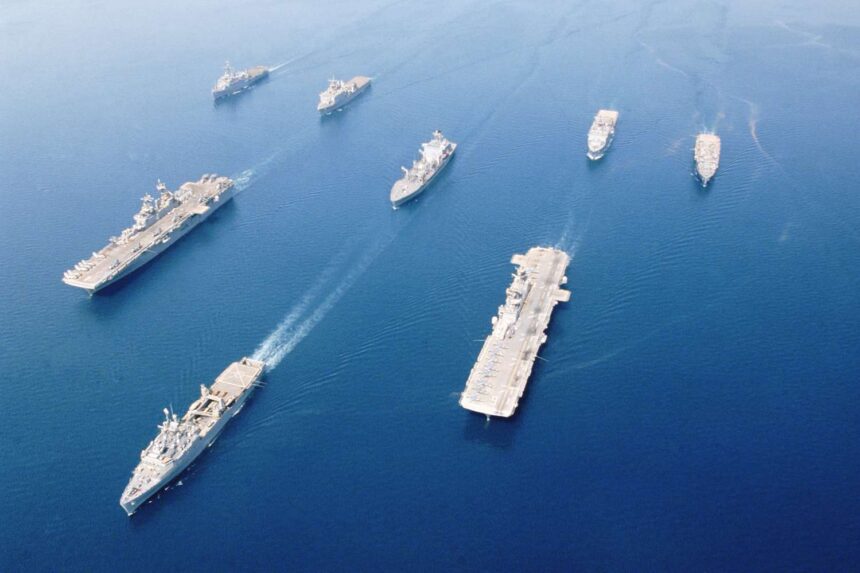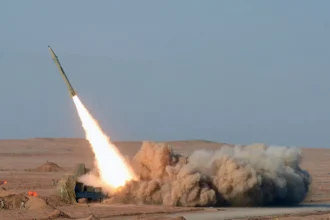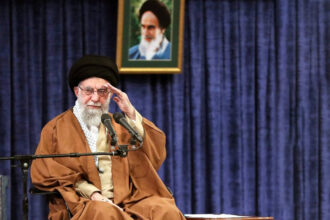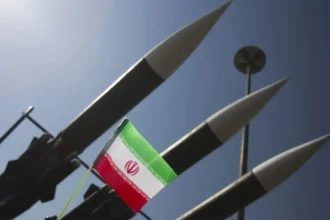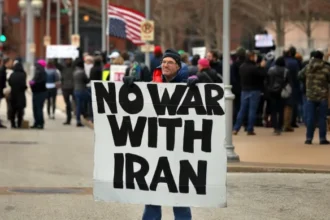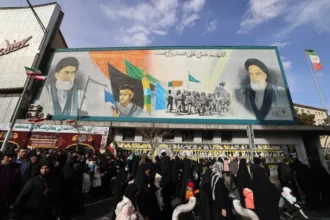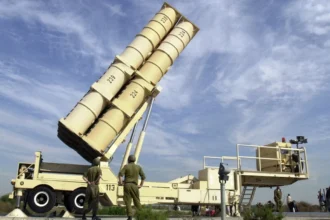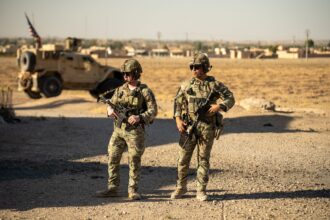Despite facing the world’s most powerful military forces, Iran remains resolute and shows little sign of surrender. Several key reasons explain this determination:
1. National Sovereignty and Pride
For Iran, giving up would mean losing control over its own destiny. National pride and the desire to protect sovereignty run deep, driving the government and people to resist even overwhelming odds.
2. Historical Resistance
Iran has a long history of resisting foreign invasions and interference, dating back centuries. This collective memory fuels a strong culture of defiance and resilience against external pressure.
3. Strategic Depth Through Proxies
Iran leverages a network of allied militias and proxy groups across the Middle East, extending its influence and complicating direct military confrontation. This asymmetrical warfare approach provides leverage beyond conventional military strength.
4. Asymmetric Warfare Tactics
Iran’s military strategy emphasizes guerrilla tactics, cyber warfare, and missile capabilities, allowing it to inflict damage without engaging in full-scale battles it might lose.
5. Political Regime Stability
The Iranian government tightly controls internal dissent, maintaining a political system that prioritizes survival and ideological goals over compromise with external powers.
6. Potential Consequences of Defeat
Surrender could lead to regime collapse, loss of regional influence, and severe consequences for Iran’s leadership and society, making resistance a preferred option despite risks.
In summary, Iran’s refusal to give up reflects a combination of national pride, historical resilience, strategic tactics, and political imperatives. Facing a stronger military doesn’t guarantee submission when the stakes are seen as existential.

